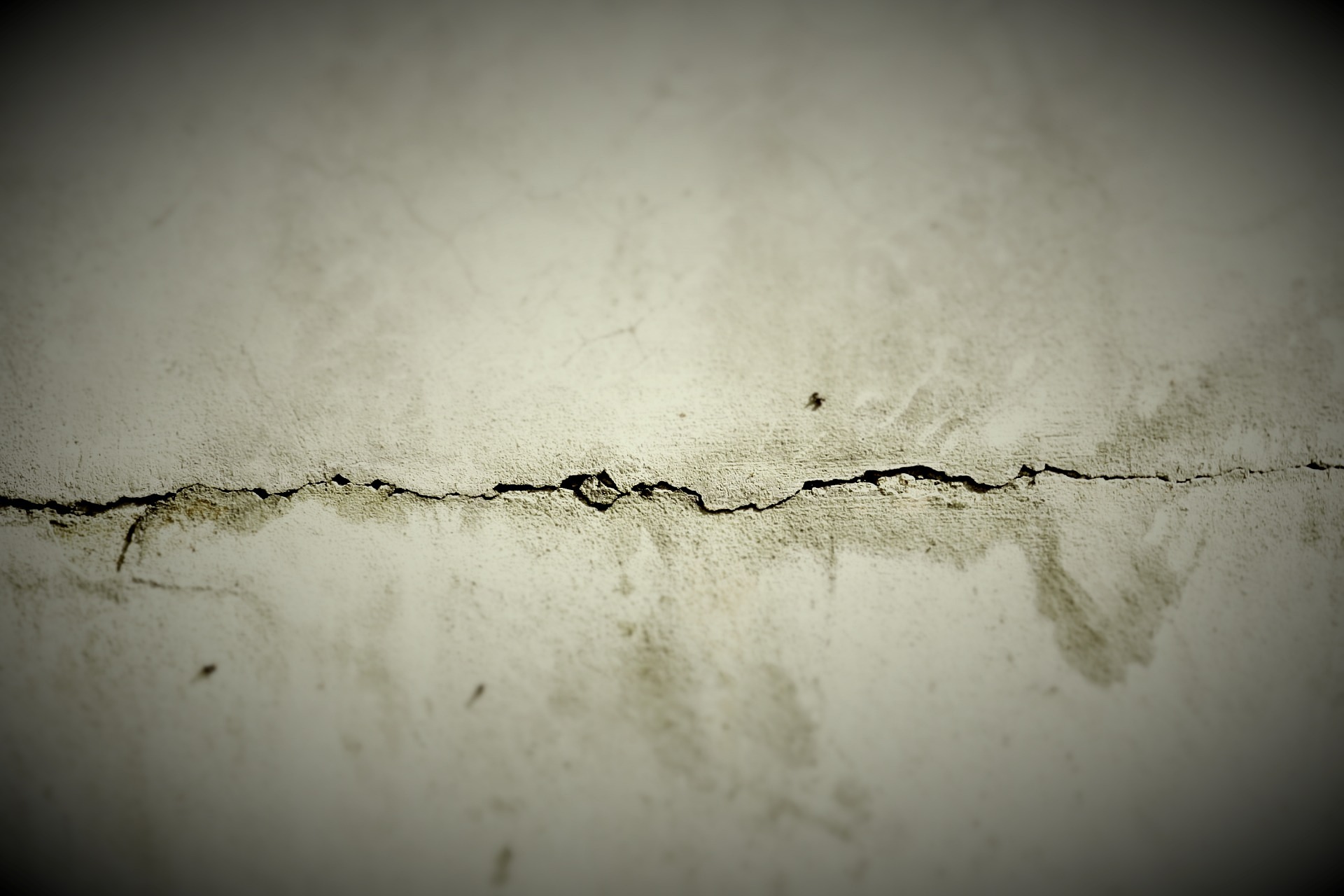Understanding Structural Repair Contractors: Services and Expertise
Structural repair contractors are specialized professionals who address issues affecting the integrity and stability of buildings. These experts play a crucial role in maintaining and restoring the structural elements of homes, commercial properties, and other structures. Their work encompasses a wide range of services, from foundation repairs to addressing problems with load-bearing walls and roofs.

-
Wall repair and reinforcement: Contractors can fix bowing walls, cracks, and other structural issues affecting load-bearing walls.
-
Roof structure repairs: This includes addressing sagging roofs, damaged trusses, or other issues affecting the roof’s structural integrity.
-
Beam and column repairs: Contractors can reinforce or replace damaged support beams and columns to ensure proper load distribution.
-
Earthquake retrofitting: In seismic zones, structural repair contractors may offer services to improve a building’s resistance to earthquake damage.
-
Water damage remediation: This involves repairing structural damage caused by water infiltration and implementing measures to prevent future water-related issues.
How do structural repair contractors assess building issues?
When called to a property, structural repair contractors follow a systematic approach to evaluate and diagnose structural problems:
-
Visual inspection: They begin with a thorough visual examination of the property, looking for signs of structural distress such as cracks, uneven floors, or misaligned doors and windows.
-
Structural analysis: Contractors use their expertise to analyze the building’s structure, identifying load-bearing elements and potential weak points.
-
Advanced diagnostics: In some cases, they may employ specialized tools like moisture meters, thermal imaging cameras, or ground-penetrating radar to detect hidden issues.
-
Soil analysis: For foundation-related problems, contractors may conduct soil tests to understand the underlying causes of structural issues.
-
Report and recommendations: Based on their findings, contractors provide a detailed report outlining the problems identified and proposed solutions.
What qualifications should structural repair contractors have?
When selecting a structural repair contractor, it’s essential to consider their qualifications and expertise:
-
Licensing: Contractors should be licensed in their operating jurisdiction, adhering to local building codes and regulations.
-
Insurance: Proper insurance coverage, including liability insurance, is crucial to protect both the contractor and the property owner.
-
Experience: Look for contractors with a proven track record in handling similar structural repair projects.
-
Certifications: Some contractors may hold additional certifications from industry organizations, demonstrating their commitment to ongoing education and best practices.
-
References: Reputable contractors should be able to provide references from past clients or showcase a portfolio of completed projects.
-
Equipment and technology: Experienced contractors often utilize advanced tools and techniques to diagnose and address structural issues effectively.
How much do structural repair services typically cost?
The cost of structural repair services can vary significantly depending on the nature and extent of the issues, as well as the location and size of the property. Here’s a general overview of potential costs for common structural repair services:
| Service | Typical Cost Range | Factors Affecting Cost |
|---|---|---|
| Foundation Repair | $2,000 - $7,500 | Extent of damage, repair method, accessibility |
| Wall Repair | $800 - $10,000 | Size of affected area, type of repair needed |
| Roof Structure Repair | $1,500 - $15,000 | Severity of damage, size of roof, materials used |
| Beam/Column Reinforcement | $1,000 - $5,000 per beam | Size of beam, type of reinforcement required |
| Earthquake Retrofitting | $3,000 - $7,000 | Size of home, current structural condition |
Prices, rates, or cost estimates mentioned in this article are based on the latest available information but may change over time. Independent research is advised before making financial decisions.
How can property owners maintain structural integrity?
Proactive maintenance can help prevent or minimize structural issues:
-
Regular inspections: Schedule annual inspections to catch potential problems early.
-
Proper drainage: Ensure gutters, downspouts, and grading direct water away from the building’s foundation.
-
Moisture control: Address any leaks or water infiltration promptly to prevent long-term structural damage.
-
Timely repairs: Don’t delay addressing minor issues, as they can escalate into more significant structural problems over time.
-
Professional consultation: When in doubt, consult with a structural repair contractor for expert advice on maintaining your property’s structural integrity.
By understanding the role of structural repair contractors and implementing proper maintenance practices, property owners can better protect their investments and ensure the long-term stability of their buildings. Regular inspections and timely interventions by qualified professionals can help identify and address structural issues before they become more severe and costly to repair.




